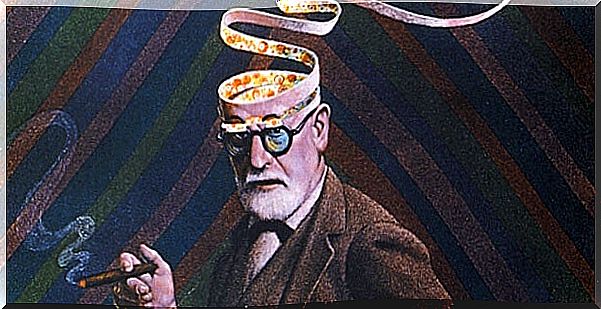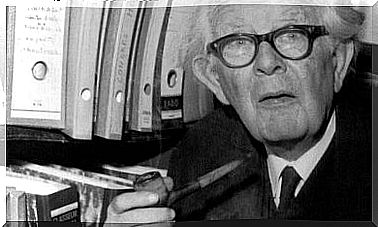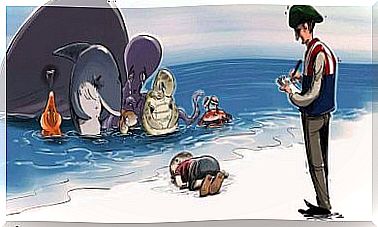Josef Breuer, Precursor Of Psychoanalysis

Josef Breuer was a leading physician and physiologist who was instrumental in the genesis of psychoanalysis. He met and befriended Sigmund Freud who somehow saw him as a fatherly and endearing figure, so that he always had great affection and respect for him. Admiration and friendship were mutual.
With Freud, Breuer wrote part of the first edition of Etudes sur l’hystérie , the seminal work of psychoanalysis. He was also the first to take care of the very famous Anna O., who became the first patient to be treated by the psychoanalytic method, after Josef Breuer had referred her to Freud’s office.
It was also this fantastic Austrian doctor who discovered the relationship between breathing and body temperature. In addition to the relationship between the ear and balance. He is considered to be the creator of the cathartic method, precursor of the method of free association used in psychoanalysis. But let’s find out gradually, let’s start with a brief review of his life until we understand the magnitude of his discoveries.
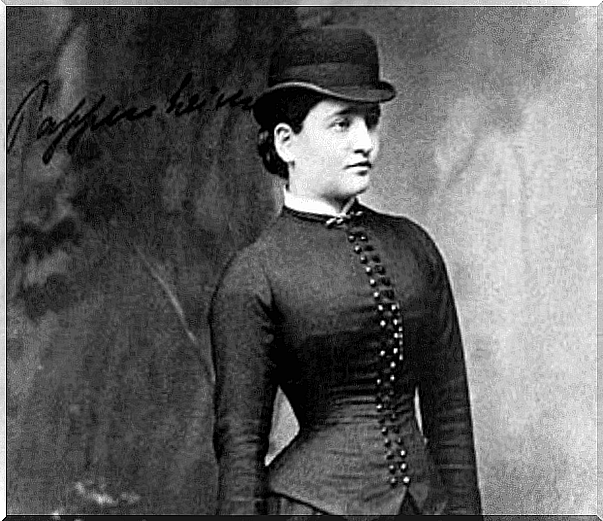
The first stage in the life of Josef Breuer
Josef Breuer was born in Vienna (Austria) on January 15, 1842. His father was an important figure in Judaism, a religion that Breuer never firmly professed, but from which he never distanced himself.
His mother died when he was only 4 years old. Since then he has been cared for by his father and maternal grandmother. In 1859, at the age of 19, he began his medical studies at the University of Vienna. Breuer was the pupil of great scientists of the time, such as Karl Rokitansky and Josef Skoda.
He also studied under the guidance of Johann Ritter von Oppolzer, a famous Viennese internist physician. He took him on as an assistant at the general hospital in Vienna. He later joined Ewald Hering’s physiology laboratory, which was developing studies on perception.
In the laboratory, he discovered the function of the pneumogastric nerve in the thermal regulation of the body through respiration. This discovery gave Breuer great recognition in the medical field. Subsequently, he continued his research and succeeded in establishing the relationship between ear and balance.
The meeting with Sigmund Freud
In 1871, Josef Breuer decided to devote himself to the private practice of medicine. He had prestigious patients such as Franz Bentano and Johannes Brahms. He alternated his practice with research and teaching at the Institute of Physiology at the University of Vienna, where he formed a great friendship with one of his students, Sigmund Freud, in 1877.
Since the end of 1870 Josef Breuer had been drawn to psychology. He showed a great interest in hypnosis, which was very popular at the time. His patients were mostly wealthy women with hysterical symptoms. This is probably what aroused his interest in psychic phenomena.
Freud shared these same concerns and it is perhaps because of these common interests that they became great friends. Breuer loaned him a large sum of money so that the father of psychoanalysis could establish his private practice. He also guided him to start his medical career. Without realizing it, each of them, in their own way, began to become a specialist in mental disorders.
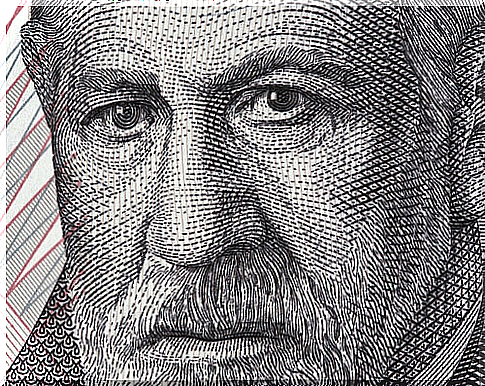
Anna O and hysteria
Josef Breuer started caring for the patient who went down in history as Anna O. He worked on hypnosis with her and achieved great results. However, she showed a special affection for him which ended up making the doctor uncomfortable. The professional relationship reached an irreconcilable breaking point when Anna O. assured, in a moment of delirium, that she was giving birth to Dr Breuer’s son.
It was at this point that Breuer decided to hand the matter over to Freud and this fact was decisive for the theoretical and practical development of psychoanalysis. It was also the starting point of a break between the two famous Austrians. In conclusion, Freud was ready to launch a definitive theory on hysteria, but with which Breuer would not agree.
In the meantime, Breuer invoiced Freud the money he owed him. The latter showed his displeasure which, added to the theoretical disagreements he had already had with his mentor, would cause enormous cooling and distancing in their relationship. Although Breuer never ceased to follow in the footsteps of his brilliant pupil.
When Breuer died in 1925, Freud sent a message of condolence to his son. He replied by commenting on his father’s interest in the progress of psychoanalysis. Freud, in turn, replied: ” What you said about your father’s relationship to my later works was new to me, and it acted like a balm on a painful wound that had never healed.”
So, with a bittersweet flavor, one of the most successful relationships of the time came to an end. The admiration never faded, but the differences were stronger and they stayed away. Today, both names are studied and recognized, although Freud’s may resonate more in more common environments. However, we must not forget that Josef Breuer was a decisive figure in psychoanalysis.
